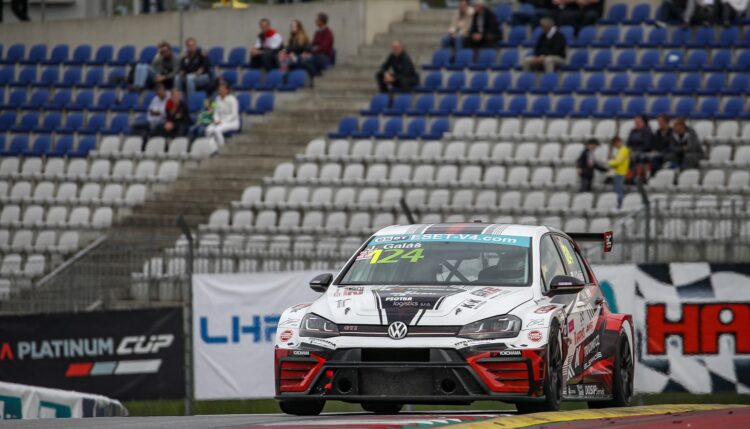Blog
The modern Red Bull Ring in the picturesque foothills of the Alps near Spielberg is a popular destination for many international championships. The Austrian track is returning to the ESET Cup calendar, on May 4th-5th June will host the second event of the 2022 season.
Racing engines have been sounding in this area since 1959, when the local airport was adapted for car racing following the example of the British Silverstone. The Zeltweg circuit even hosted the Austrian Formula 1 Grand Prix in 1963 and 1964, and later the endurance events of the World Sports Car Championship. The last time the race was held in Zeltweg was in 1969, meanwhile the modern Österreichring autodrome was created practically across the road.
The fast, almost six-kilometer long Österreichring was immediately loved by the drivers. The Austrian Grand Prix was held here for the first time in 1970 and Formula 1 returned to Spielberg regularly until 1987. That year was memorable in accidents after the race start and the organizers had to repeat the start three times.
In the years 1995 to 1996, the track was fundamentally rebuilt into its current form. Herman Tilke was behind the reconstruction and reduced the length of the track by one and a half kilometers. In the meantime, the circuit was renamed to A1-Ring and Formula 1 returned for a seven-year period. After that, the grandstands were demolished and the sound of the engines went silent for several years. The area has been bought by Red Bull and after long delays, the company has begun to renovate the facilities. Since 2010, the Red Bull Ring has been active in motoring, Formula 1 has returned and in 2019 the TCR Eastern Europe series visited Spielberg for the first time.
The track with a length of 4318 meters is characteristic for long straights and only nine turns. The starting line is 650 meters long and at the end of it, the drivers dive into the sharp right turn, which leads to long straight, leading to the next right turn. These places are the best opportunity for drivers to overtake. Behind the second turn is the third long straight line of the circuit, which then leads to the technical passage and to the start and finish area.




